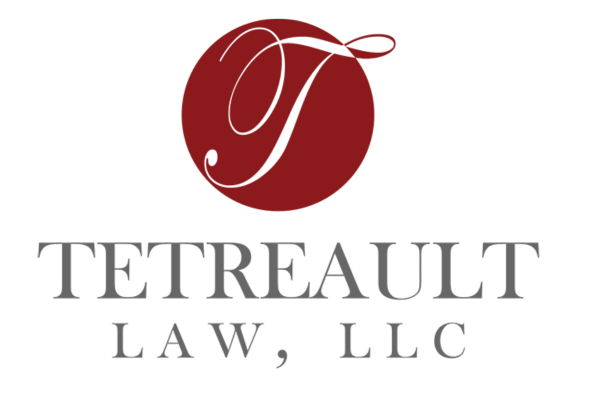There are a few ways in which you can hold title to real property in Georgia.
How you acquire and hold title to real property in Georgia has a bearing on your legal ownership of that property. This blog explains the key differences among the most common forms of ownership of real property in Georgia.
Once you are sure that title is clear and marketable, you will have to decide how to take ownership of the property. In Georgia, title to real estate is held either singularly or jointly.
- Sole Ownership (singularly)
- Tenants in Common (jointly)
- Joint Tenants with Rights of Survivorship (jointly)
Of course, there are other ways to hold title, such as in a separate legal entity like a trust.
The two ways to hold title when more than one person buys a house (jointly) are 1) tenants in common, or 2) joint tenants with rights of survivorship. There are different results under these two types of ownership if one of the co-tenants (or co-owners) dies. These differences are explained below.
Here is a breakdown of the few ways in which you can hold title to real property in Georgia.
Sole Ownership: owned entirely by one person.
Tenants in Common: a form of co-ownership where property is owned by two or more persons at the same time.
The proportionate interests and right to possess the property between the tenants in common need not be equal. Upon death, the decedent’s interest passes to their heirs named in the will, who then become new tenants in common with the other tenants in common.
Joint Tenants with Rights of Survivorship: a form of co-ownership where property is owned by two or more persons at the same time in equal shares.
Each joint owner has an undivided right to possess the whole property and a proportionate right of equal ownership interest. When one joint tenant dies, their interest automatically passes on to the surviving joint tenant(s). This is called a “right of survivorship.”
Trusts: While not technically a form of ownership, you may own real property through your Living Trust.
Upon your passing, your interest would pass to successor trustees and/or beneficiaries you have designated in your trust.
You should carefully consider how you wish to hold title to real property in Georgia, as it can have long-lasting implications. How you choose to take title should be reflected in the title documents and, most importantly, on the deed.
Steps to completing a deed transfer in Georgia:
- Names the Current Owner (Grantor) and New Owner (Grantee).
- Contains a Legal Description of the Property.
- Signed by Current Owner (Grantor).
- Two Witnesses: Unofficial Witness & Notary Public.
- Complete a PT-61, Transfer Tax Form.
- Record Deed in County Real Estate Records.
Georgia law requires a licensed attorney to close all real estate transactions. However, this lawyer does not specifically represent the buyer or the seller. Instead, the closing attorney’s job is to manage the settlement process while ensuring all documents are prepared correctly, all necessary money is paid and all signatures are valid.
Consult With a Savannah Closing Attorney
We highly recommend consulting with a Georgia closing attorney before beginning the homebuying process. A skilled attorney will be able to advise you on the legal implications of each choice of title.
If you are thinking about purchasing real estate in Georgia, call our Savannah office at (912) 355-9109 or go online to schedule an appointment today.


Recent Comments